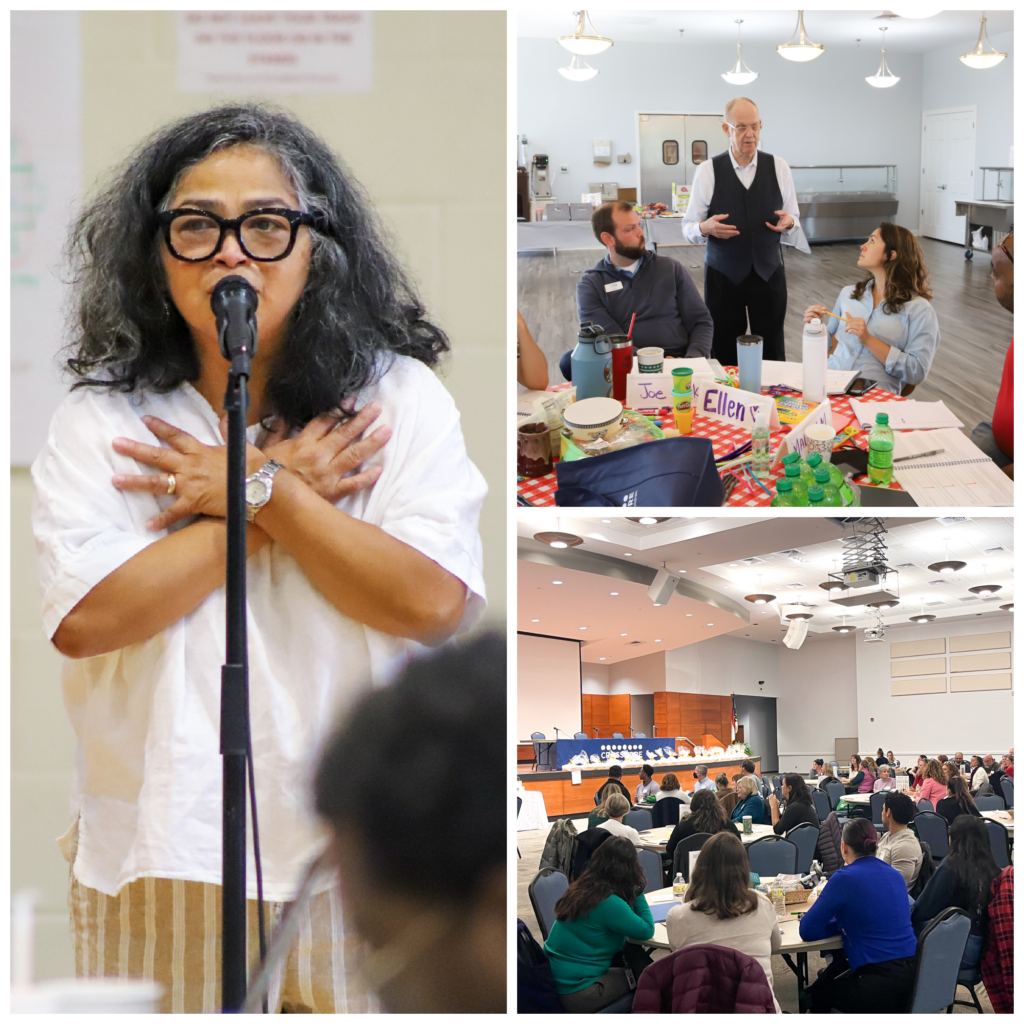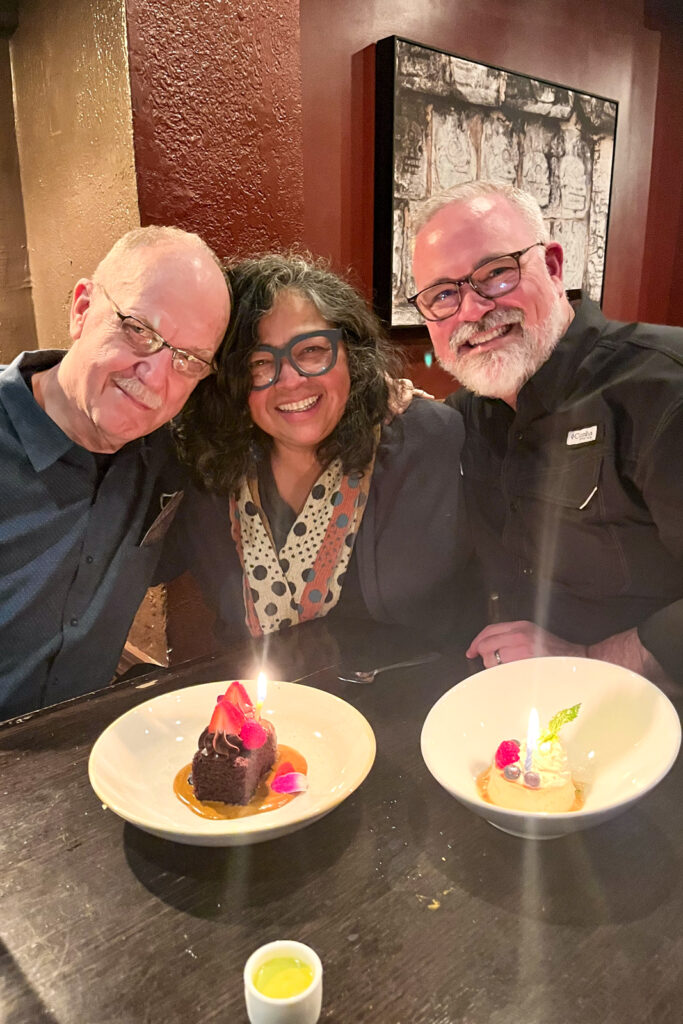Triggered: Practical Exercises for Self-Regulation
by Andrew Florence
by Lina Pasquale and David McCorkle
“And then I realized what you do with an idea. You change the world.” ~ Kobi Yamada
In 2008, Crossnore had a big idea. It would embark on a multi-year, organizational journey to become a trauma-informed system of care through its participation in the Sanctuary Institute on the Crossnore, NC campus in Avery County. This remotely located, seemingly isolated community already had a history of healing the whole child–physically, mentally, intellectually and spiritually. Throughout its history, Crossnore had a mission of caring for children and often the community. Facing trauma was the first step of Crossnore’s renaissance.
Trauma recognition came from those early days, despite the natural reluctance to recognize cultural wounds. Unresolved trauma continues to be our most urgent public health issue today. An essential component of trauma-informed practice is creating a culture of belonging. Meaning that everyone is a part of the healing environment.
The targeted focus on deepening this sense of belonging by creating a trauma-responsive and trauma-informed culture reflects what Dr. Martin Luther King, Jr. called a “beloved community.” Dr King’s beloved community is defined as a “community in which everyone is cared for, absent of poverty, hunger and hate.” Crossnore knew then, and now, that people heal best in a community of relationships, from neighbors to professional helpers.
The merger of The Crossnore School with The Children’s Home in Winston-Salem, NC in 2017 was a major step in becoming a community of communities. Crossnore excelled in its implementation of the Sanctuary Model of Trauma-Informed Care. We have maintained certification as a trauma-informed organization through the years. The organization’s origin story and the 100+ years of hope and healing offered a strong base for bringing the idea for the Center for Trauma Resilient Communities (CTRC) to life in 2018.
New ideas were exemplified in the leadership of Crossnore CEO, Brett Loftis, who brought the skills of a children’s rights lawyer. He had a vision for implementation of new ideas in the caring and healing of children, youth, and organizations. Brett invited David McCorkle and Beatriz Vides to join him in becoming co-founders of CTRC. Lina Pasquale later joined the team as CTRC’s first national Executive Director.
CTRC founders, leaders, and faculty have spent decades providing training, consultation, and implementation services on trauma-informed care. CTRC engages partners through a strengths-based framework, harnessing the resilience and assets within communities on the micro, mezzo, and macro levels, with a focus on interconnectedness. As a national center, CTRC provides a full range of professional and organizational development and consultation services to communities nationwide. CTRC actualizes this through the development of strong partnership engagement, utilization of implementation science, and offering experiential professional and organizational learning opportunities, consultation, coaching, and resource development.

Since its founding, CTRC has engaged with more than 150 agencies across sixstates to embed and embody trauma resilience in their communities.
Additionally, CTRC has published articles in two peer-reviewed journals:
Belonging is the way we promote communities of healing, this draws us together. The journey of resilience is evident in the beloved community of Crossnore Communities for Children and by extension, the Center for Trauma Resilient Communities. Through CTRC’s partnership with many more beloved communities across the US, we are building a national movement of hope and healing. And, quite possibly changing the world along the way.
“If more people had this and a better understanding of trauma and resilience, it would change the world.” (CTRC participant)
We heal together.

CTRC is grateful for the funding provided by these organizations: Dogwood Health Trust, Winston-Salem Foundation, Kate B. Reynolds Charitable Trust, Forsyth County Block Grant, SAMHSA, Advent Health, and Lake Toxaway Charities.